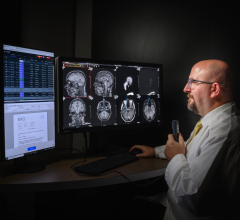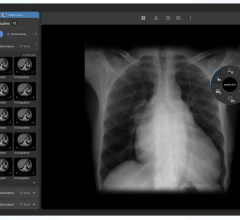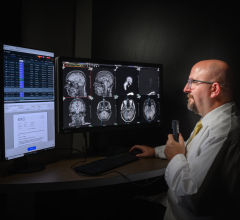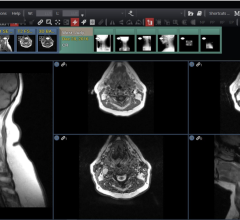There are several reasons quoted when health-imaging professionals are asked why they pursue PACS administration certification such as the ones provided by the ABII and PARCA organizations. Some people just like the sense of accomplishment, which coincides with reaching a milestone requiring a lot of hard work, similar to finishing a marathon for a runner, and are happy to have the certificate on the wall in their office. Some are looking for career advancement, a raise or looking to change jobs and want to make sure that their credentials stand out amongst other candidates. Others have limited experience in the PACS field, but are seasoned IT professionals and/or RTs who get certified to prepare themselves for a career change. What most of them do not realize though, is that in addition to these benefits, the most important advantage that certification offers is empowerment for an individual.
The certification requires a certain degree of knowledge, and depending on which certification track one chooses, it requires about six months to a year of hard studying and preparation. Prospective students often use training programs offered by several institutions, but many also rely on their experience and hone their skills by using Internet resources and available study guides. In any case, there is no question that the quest for certification leaves a professional with additional skills and enhanced knowledge about health imaging and informatics, and especially PACS. How does this lead to empowerment? Let me give a couple of examples.
I had a PACS administrator and his manager in my class recently, who, when asked why they were attending the PACS course, answered that they had several issues with their PACS. For example, they had expected to be able to integrate the ultrasound modalities in their PACS, the vendor had told them “no problem.” However, they found out that there was no capability to display the color Doppler information, the cine loops could not be archived and displayed in a compressed format and the measurements that were sent by the modality were not preserved. They were looking to learn the skills to prevent these situations from happening again. This is a recurring phenomenon: Many professionals dive head first into a new PACS installation and than find out that they were going in blind, so they are educating themselves to not only fix the problems with their first install but even better, to be prepared for their second generation PACS.
Others are studying so they can be better prepared for new modality installations. Almost every week there is a person in one of the several user groups asking how to filter a modality worklist correctly, how to check whether the hanging protocol information is correctly filled into the header or other connectivity- related questions. All of these are easily simulated, tested and verified with a set of simple tools, many of them in the public domain; however, it often requires some basic training to be able to use them properly. The same applies for image quality issues: presence of look-up tables, window width/level values and different pixel encodings can easily be tested using appropriate sets of test images.
From a vendor perspective, I also hear similar encouragement for certification. Some vendors clamp down their system, meaning they do not provide any system administrative privileges to the PACS administrator, therefore not allowing access to the database tables and records, log files, configuration files, etc. The reason I suspect is that they had experiences in the past with users messing up their system, which they had to come out and fix. However, as one vendor pointed out to me, a certified administrator would be in a better position to manage the PACS, knowing what to do and what not to do, and therefore potentially limiting some of the service calls. There is no better user than an educated user who can make a preliminary assessment of the issues that might arise.
As you can see, certification is more than a certificate on the wall, a potential raise or ticket to career advancement: The most important benefit is the empowerment of more knowledge, to be able to do a better job ultimately resulting in improved patient care, which is what it is all about.
Feature | May 07, 2008 | Herman Oosterwijk
PACS certification offers knowledge for advancing careers plus improved patient care.
© Copyright Wainscot Media. All Rights Reserved.
Subscribe Now


 July 25, 2024
July 25, 2024 








